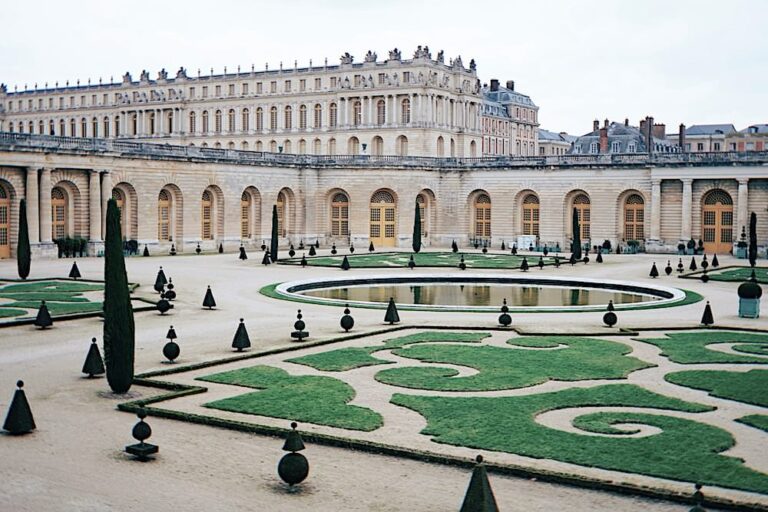piece
The English word “piece” has many meanings and can be translated into French in different ways depending on the context. There is no single French word that covers all the uses of “piece.” Instead, French uses several words that each apply to specific situations.
Une pièce is the most direct translation. It is used when referring to a room, a coin, or an item in general.
Il y a trois pièces dans cet appartement.
There are three rooms in this apartment.
J’ai trouvé une pièce de deux euros par terre.
I found a two-euro coin on the ground.
C’est une pièce rare de cette collection.
It is a rare piece from this collection.
Cette pièce de théâtre est très connue.
This play is very well known.
Un morceau is used when referring to a piece or portion of something, often food, music, or a broken item.
Je veux un morceau de fromage.
I want a piece of cheese.
Elle a chanté un beau morceau de Mozart.
She sang a beautiful piece by Mozart.
Il ne reste qu’un morceau de la tasse cassée.
Only a piece of the broken cup remains.
Un fragment refers to a small broken or detached piece, usually from something that was whole.
Ils ont retrouvé un fragment de l’ancienne statue.
They found a fragment of the ancient statue.
Un fragment de verre est resté dans la plaie.
A piece of glass remained in the wound.
Un bout is more informal and means a bit or a piece, often small and irregular.
Donne-moi un bout de papier.
Give me a piece of paper.
Il a écrit ça sur un bout de nappe.
He wrote that on a piece of napkin.
Un bout de pain suffit.
A piece of bread is enough.
Une tranche is used for a flat, often thin piece, especially of food.
Je veux une tranche de jambon.
I want a slice of ham.
Il a coupé une tranche de gâteau.
He cut a piece of cake.
Une part is used to talk about a portion or serving of food.
Je prends une part de tarte.
I’ll take a piece of pie.
Il a mangé trois parts de pizza.
He ate three pieces of pizza.
Un exemplaire refers to a copy of a book, newspaper or printed item.
J’ai un exemplaire de ce roman chez moi.
I have a copy of that novel at home.
Il a vendu cent exemplaires de son livre.
He sold one hundred copies of his book.
Un élément can mean a part or component of something larger.
Chaque pièce de ce puzzle est un élément unique.
Each piece of this puzzle is a unique element.
C’est un élément important du moteur.
It is an important part of the engine.
Un objet is sometimes used to mean a single item or thing, often with physical substance.
Ce musée contient plusieurs pièces rares, dont cet objet ancien.
This museum contains several rare pieces, including this ancient object.
Cet objet est une pièce d’artisanat.
This object is a handcrafted piece.






